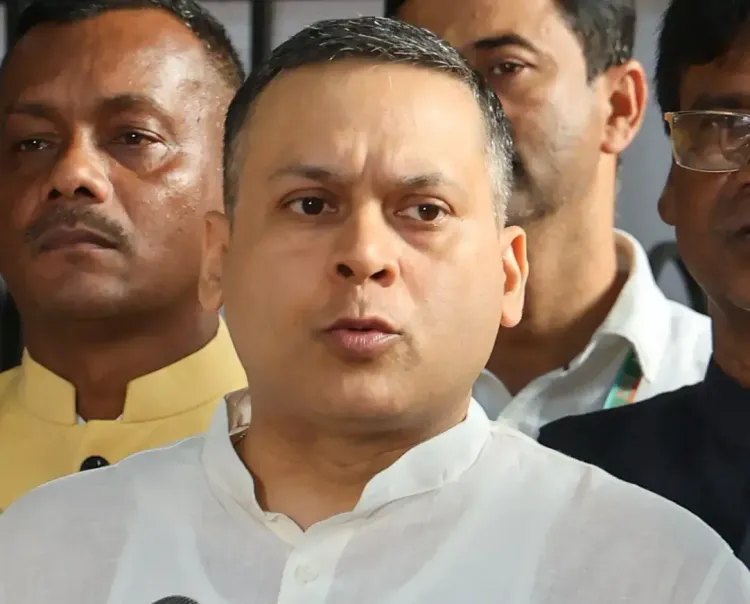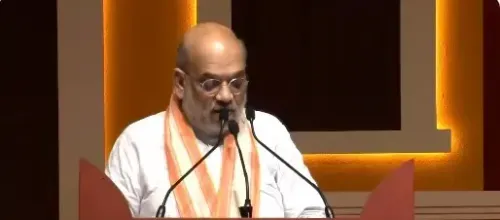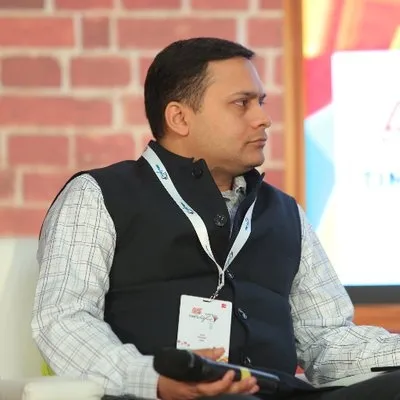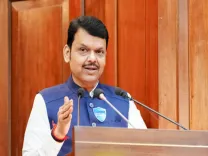Did Rahul Gandhi Really Say India Doesn’t Want to Lead the World?

Synopsis
Key Takeaways
- Rahul Gandhi's remarks on India's global leadership were criticized by the BJP.
- Amit Malviya highlighted India's potential as a manufacturing hub.
- Political rhetoric can significantly influence international perceptions.
New Delhi, Oct 4 (NationPress) The BJP has once again targeted Rahul Gandhi, accusing him of portraying the nation negatively by stating that “India doesn’t want to lead the world.”
Amit Malviya, who heads the BJP’s National Information and Technology Department, shared a video of Rahul Gandhi on X, emphasizing, “We don’t need leaders like Rahul Gandhi, who can’t even envision a brighter future. Today’s India is ambitious, self-assured, and progressive, not submissive or timid.”
Malviya remarked, “As India rises as a potent force globally, with its economy outpacing others and citizens recognizing the worth of their passports, Rahul Gandhi emerges, shaped by years of self-doubt, claiming that India doesn’t aspire to lead.”
He elaborated, “This mindset has cost India significantly in the past, leading to issues such as partition, loss of Kashmir territories to Pakistan and China, relinquishing a UNSC seat, and relying on imports instead of fostering domestic capabilities in nuclear and military sectors.”
Malviya's comments were a direct response to Gandhi’s assertion that “India doesn’t have the intention to lead the world” during his speech.
Previously, the BJP had sharply criticized the Congress leader for misrepresenting India in his comments abroad.
On Thursday, Malviya stated that by 2025, India would be a manufacturing powerhouse.
During his address at the EIA University in Medellin, Colombia, Gandhi suggested that “India doesn’t manufacture.”
In response, Malviya presented “hard data and sectoral evidence” to counter Gandhi's claims.
Malviya noted, “Every time Rahul Gandhi travels abroad, he finds a platform to undermine and misrepresent India. His narrative is outdated. But by 2025, India is poised to be a thriving manufacturing economy.”
He criticized Gandhi’s talking points as belonging to “a bygone era,” asserting that “phones, pharmaceuticals, automobiles, apparel — along with FDI, skills, and GST 2.0 — collectively illustrate a manufacturing economy on the rise.”









